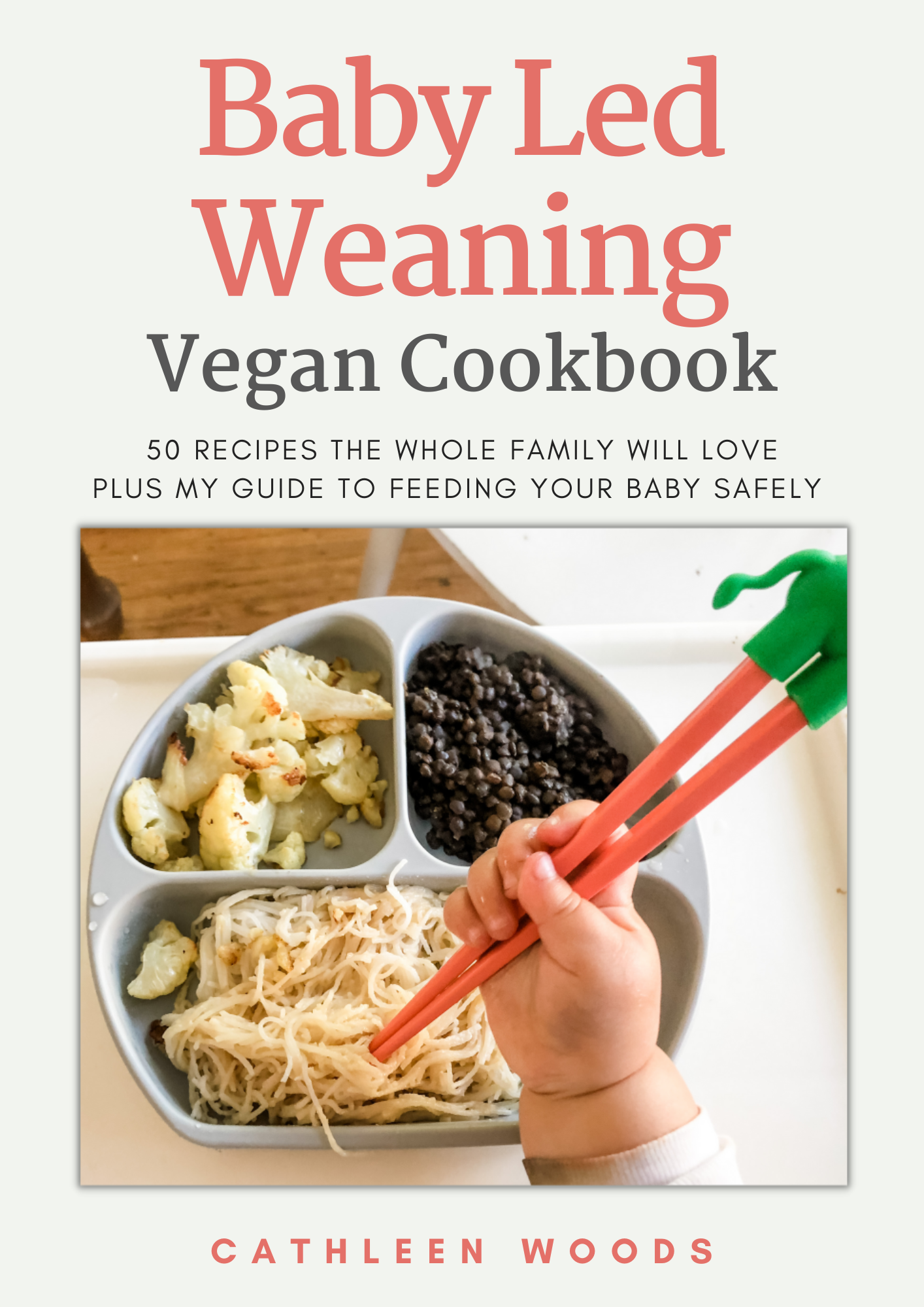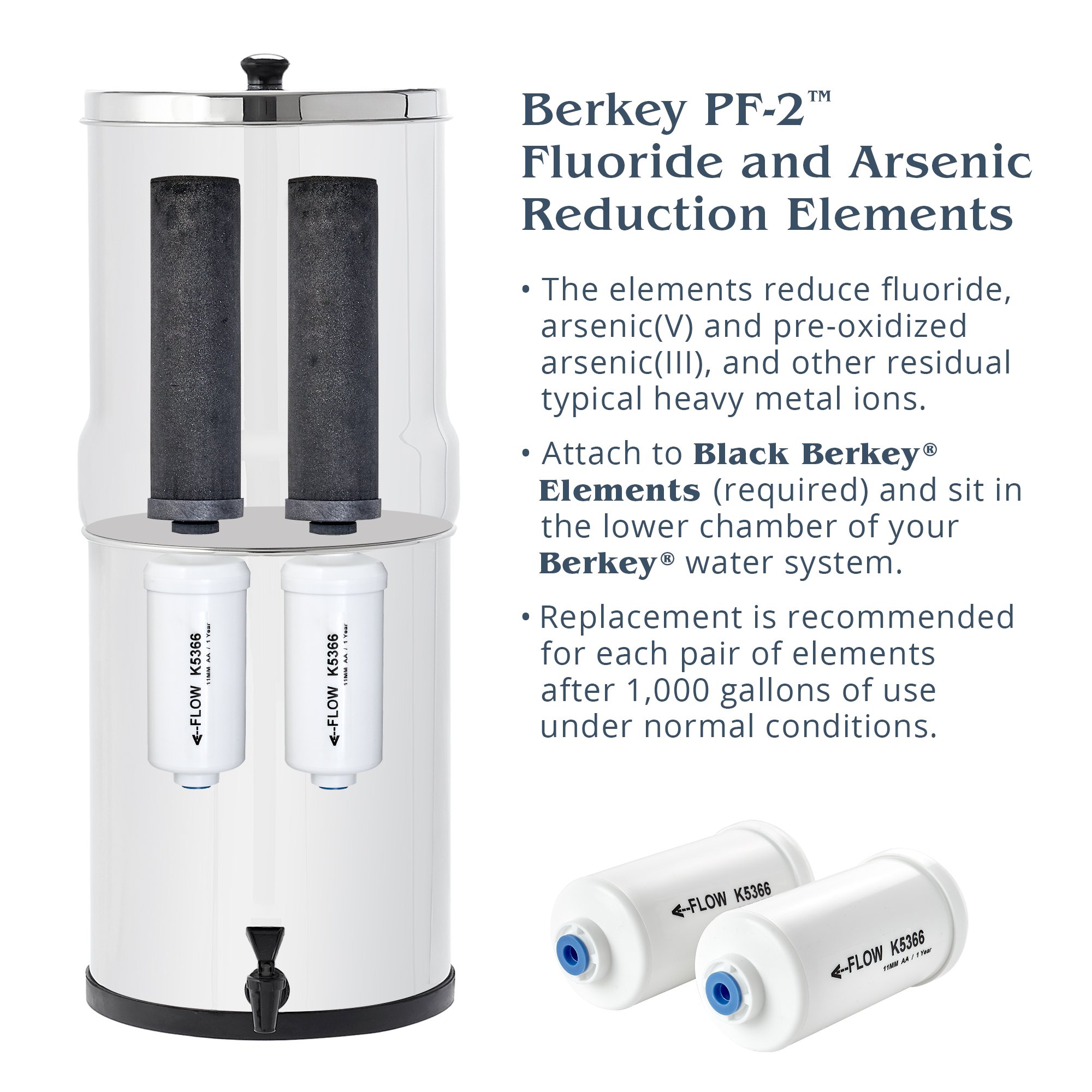FTC Disclosure: If you make a purchase via a link on this site, I may receive a small commission on the transaction - at no added cost to you - this is my side job to being a mom and it helps to support our family, so I greatly appreciate it!
The Healthiest Vegan Protein Sources
You can use this guide to vegan protein sources as a pointer on how to answer the ever-present "Where do you get your protein?" question.
Whether you're a new vegan or practicing for years, you've likely become accustomed to hearing this question. During pregnancy and when raising vegan children, the concerned looks only grow more abundant and the questions start to make you feel like you're being a negligent mother.
But don't worry, the onlookers are just as wrong now as they were before you were pregnant and had kids. If you are following a healthy vegan diet, you probably eat plenty of vegan protein sources.
People have become accustomed to believing two things about protein:
1. It only exists in meat and eggs
2. It's better to eat lots of protein than not enough
Neither of these statements are true. Beans and whole grains are foods high in protein, and actually, plenty of vegetables even have good protein in them. And, studies show that eating too much protein can be extremely dangerous to your health. You would probably actually be better off eating less than enough than more than enough protein.
There are many studies showing that eating a large amount of protein (100-200 grams daily) are putting an huge amount of strain on their bodies, especially on the kidneys and liver. Also, any extra protein we consume beyond what our bodies need to survive is stored as fat. Because normally those eating excessive protein are eating animal protein, doing so can lead to cardiovascular disease and cancers.
What Does Protein Do For My Growing Baby?
Because of the popular high-protein diets espoused by weight lifters and people looking to lose weight, we often think of protein being responsible solely for building muscle tissue. In fact, protein actually helps to restore tissue after injury, maintain and grow our body tissues, produce blood cells properly, produce hormones, form hemoglobin, form antibodies, build enzymes, and produce and restore energy.
People in third world countries are often at risk for protein deficiencies, but it's uncommon in developed countries. In those cases, they are eating too few calories of anything, let alone protein, and it can lead to death.
How Much Protein Do We Really Need?
The US Recommended Daily Allowance for protein is 0.36 grams of protein per pound that we weigh (or 0.8 grams for every kilogram that we weigh.) During pregnancy, they recommend that we have 60 grams of protein each day. The World Health Organization sets the standard at 25 grams of protein daily, so the United States is certainly on the very high end of the requirement.
Out of context, 60 grams may sound like a lot, but take a look at the chart of vegan protein sources below and that should reassure you. If you eat a cup of beans each day, that takes care of anywhere from 25% to 66% of your daily protein needs. You will have absolutely no trouble getting plenty of protein, and your protein comes with tons of other additional nutrients and no cholesterol, low (or no) saturated fat, or animal protein.
Even if you are suffering from morning sickness and cannot eat enough vegan protein sources in one particular day, do not worry. In order for you or your baby to use the protein you eat, your body has to break it down into its individual amino acids through exercise, distribute the amino acids to your liver, and then redistributed them to your organs. You will sometimes have left over protein that is saved as fat tissue for later use.
Vegan Protein Sources That Taste Great
Beans and legumes are great vegan protein sources:
- tempeh- 1 cup has 41 grams
- soybeans- 1 cup has 29 grams
- lentils- 1 cup has 18 grams
- black beans- 1 cup has 15 grams
- kidney beans- 1 cup has 13 grams
- chickpeas- 1 cup has 12 grams
- black-eyed peas- 1 cup has 11 grams
- lima beans- 1 cup has 10 grams
- tofu- 1 cup has 11 grams
- soymilk, soy yogurts, etc have varying levels of vegan protein sources
Whole, unrefined grains have excellent protein as well:
- quinoa- 1 cup has 9 grams
- oats- 1 cup has 6 grams
- brown rice- 1 cup has 5 grams
- bulgur- 1 cup has 6 grams
- seitan- 3 oz. has 31 grams
- wheat germ- 2 oz. has 30 grams
- bagels, whole grain breads have varying amounts of protein
And, contrary to popular belief, even vegetables give you protein:
- spinach- 1 cup has 5 grams
- broccoli- 1 cup has 5 grams
- potatoes- 1 cup has 4 grams
Nuts are also great vegan protein sources:
- peanut butter- 2 tablespoons has 8 grams
- almonds- 1/4 cup has 8 grams
- sunflower seeds- 1/4 cup has 6 grams
- cashews- 1/4 cup has 5 grams
Do I Need to Combine Proteins?
In the 1970s, a myth got started that vegetarians needed to "combine proteins" in order to get all the amino acids. This theory was based on the fact that the human body produces 11 of the 20 amino acids itself, but that we need to get the remaining nine "essential" amino acids from foods. Since not every plant protein has all nine of the essential amino acids, it was believed that we needed to eat one food with some of the amino acids and another food with the rest of the amino acids to make sure we ate all the essential amino acids in that meal. Beans and rice are a good example of a qualifying meal.
Vegetarianism took a moral hit with this theory, because it seemed incredibly difficult to ensure that at every meal you were eating all nine of the amino acids. It scared people off, and it didn't help that meats are all "complete proteins" with all nine missing amino acids.
However, through further research, we now know that eating all nine amino acids at every meal is not necessary to ensure proper protein intake. All you need to do is eat a well-rounded and varied diet to ensure you are getting all the necessary nutrients you need. It would be unwise to simply pick one bean and eat it every single day for the rest of your life because you will miss out on the healthful components of so many other beans.
Protein Requirements For Children
In trying to maintain a healthy diet for kids, keep in mind that they need far less vegan protein sources than adults. As infants, your breast milk will give the perfect amount of every nutrient to your baby.
As children, the protein requirements (based on the RDAs) go like this:
- Ages 1-3: 16 grams
- Ages 4-6: 24 grams
- Ages 7-10: 28 grams
After this point, the requirements for boys and girls different slightly.
For boys:
- Ages 11-14: 45 grams
- Ages 15-18: 59 grams
- Ages 19-24: 58 grams
- 25+: 60 grams
For girls:
- Ages 11-14: 46 grams
- Ages 15-18: 44 grams
- Ages 19-24: 46 grams
- Ages 25+ 50 grams
Sources:
http://www.vrg.org/nutrition/protein.htm
Your Vegetarian Pregnancy, Dr. Holly Roberts, D.O., FACOG
Food and Nutrition Board, Institute of Medicine. Dietary Reference Intakes for Energy, Carbohydrate, Fiber, Fat, Fatty Acids, Cholesterol, Protein, and Amino Acids. Washington, DC: National Academy Press, 2002.
Messina V, Mangels R, Messina M. The Dietitian's Guide to Vegetarian Diets, 2nd ed. Sudbury, MA: Jones and Bartlett Publishers, 2004.
Knight EL, Stampfer MJ, Hankinson SE, et al. The impact of protein intake on renal function decline in women with normal renal function or mild insufficiency. Ann Intern Med 2003;138:460-7.
- Home ›
- Food Pyramid ›
- Protein






New! Comments
Have your say about what you just read! Leave me a comment in the box below.